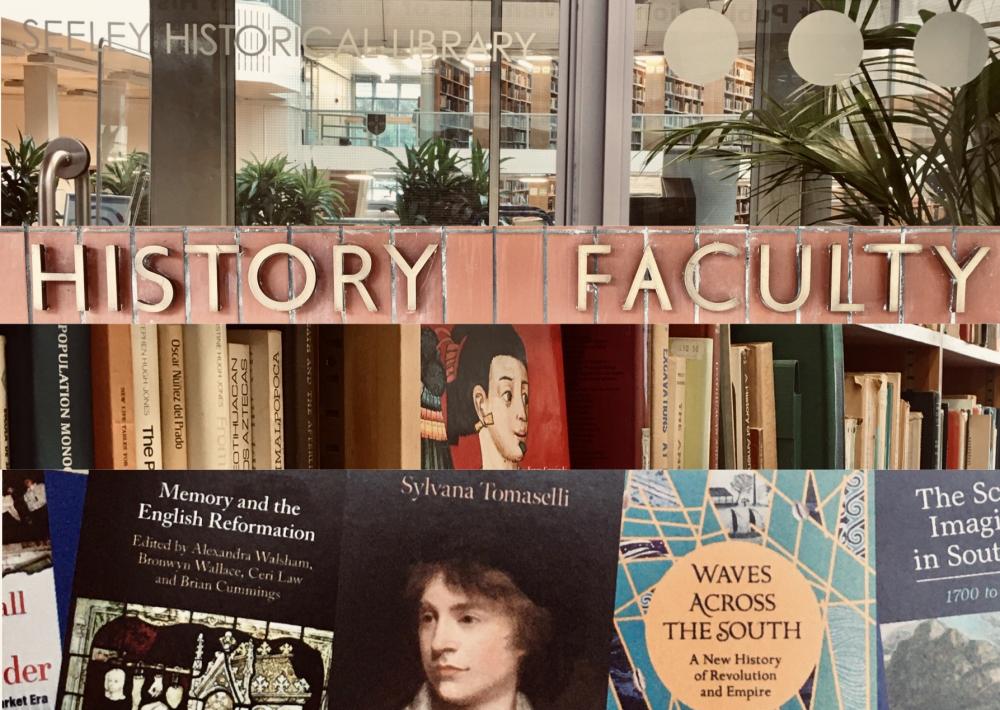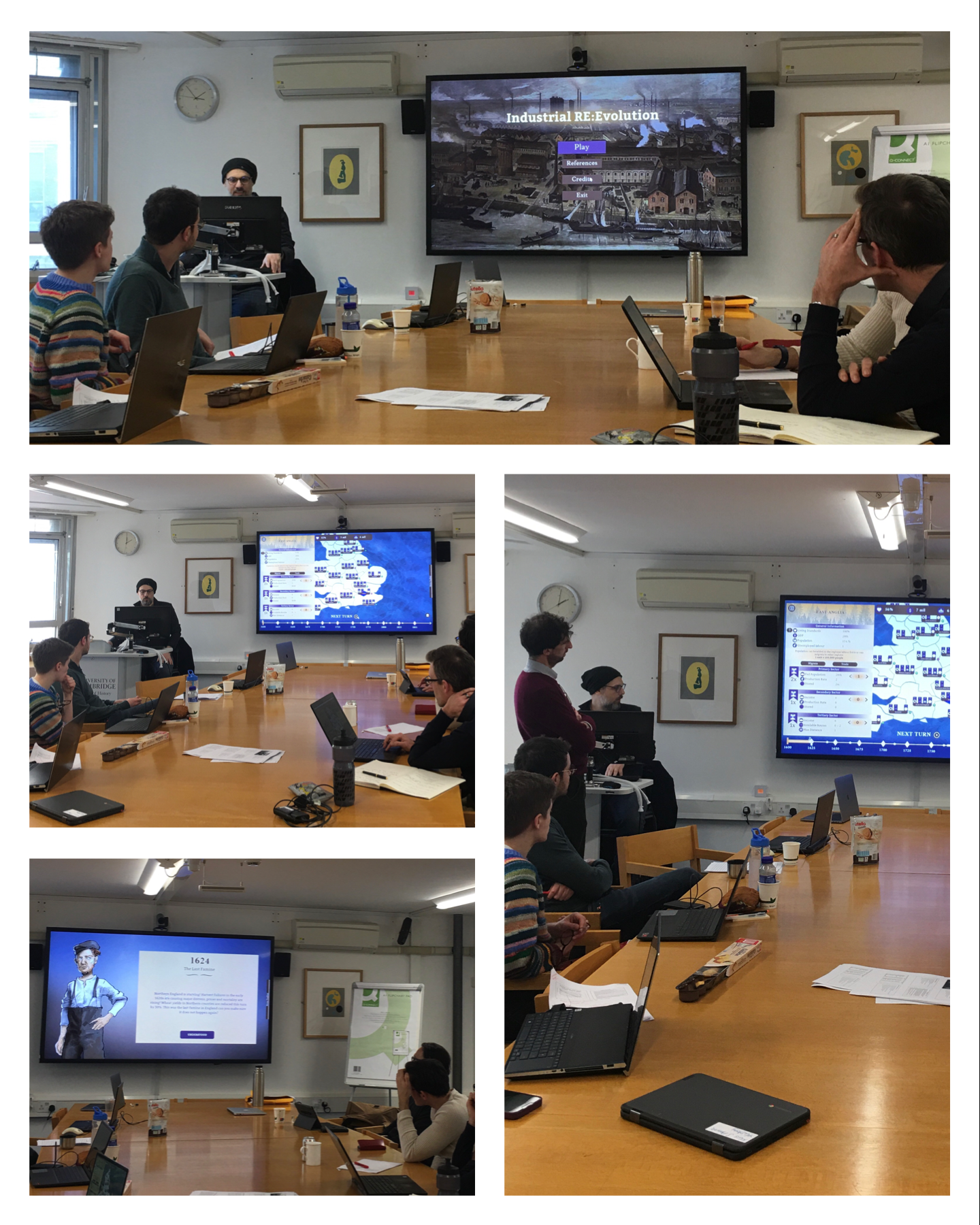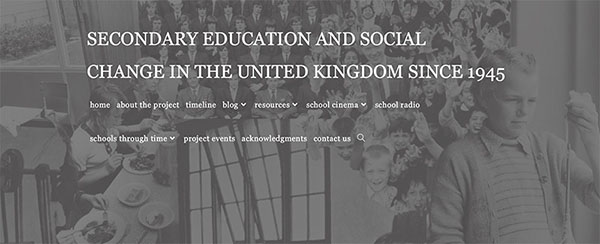Faculty of History Outreach and Engagement

July 2023 Open Day Course Presentation
What's next after studying History at Cambridge?
Events
Here at the Faculty of History we host the Sutton Trust Summer School for aspiring historians from disadvantaged backgrounds. Applications for our 2024 Summer School have now closed.
A free programme designed to assist high achieving students from underrepresented backgrounds to make successful applications to Cambridge.
A taste of what it's like to study history at Cambridge. Open to Year 12 students.
Taster lectures: Find out something new.
Gaming as a teaching strategy in the history classroom
On the 31st March 2023 a group of teachers attended a workshop in the Faculty on the use of gaming in the history classroom and specifically to teach the Industrial Revolution. The session was led by Dr Alexis Litvine and the game developers and designers. For more information and to participate in the development of this resource please visit: http://ireevolution.com

Resources
Secondary Education and Social Change in the UK since 1945.
Key Stage 3 resource packs.

These lessons are the product of a 2020–2021 collaboration between the Economic and Social Research Council (ESRC) – funded project Secondary Education and Social Change in the UK since 1945 (SESC), based at the University of Cambridge, and four secondary school history teachers who created the Key Stage 3 School Resource Packs based on SESC’s research.
The school resource packs are free to download for any secondary school history teachers interested in secondary education and social change. The packs all focus on one main research question: In what ways do schools reflect change in the United Kingdom since 1945? Use the links below to find out more and to download the resources.
Applying to Cambridge
Please note: The Faculty is not involved in the selection of undergraduate students. This is handled by the central university administration and individual colleges. The best place to start understanding the process is on the University's Undergraduate Study pages, where you will find prospectuses and information for applicants.
If you have questions about admissions, it's best to start here: Undergraduate Study: History. Further inquiries about admissions should be directed to the Admissions Offices of specific colleges. A list of email contacts can be found here: College contacts.
Contacts
Questions about the Faculty and its course provision may be directed to school-liaison@hist.cam.ac.uk
